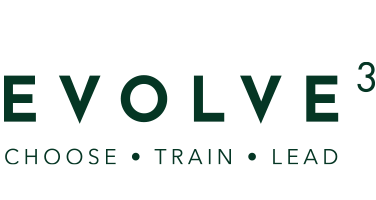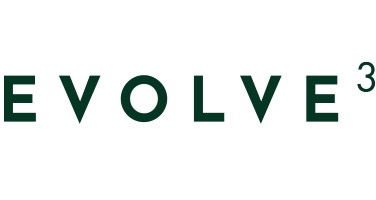
03 May Difficulty recruiting senior roles? Grow your own.
I don’t know any businesses in my network who are finding it easy to fill senior roles. Although there might be some interesting candidates on the job market, the risk with senior recruitment is not only the need to pay top dollar to dislodge a quality candidate from their existing employment in a tight job market – strong senior candidates are rarely unemployed – but the huge risk to your business when a leader from outside your organisation comes in.
Regardless of their skills and previous experience, how they do things will be different to your management and systems. There is always a period of adjustment while they settle in and learn how you prefer things to be done. During this period, subordinate staff must deal with reporting to someone who often knows less about how your business operates than they do. If your new manager doesn’t have exceptional interpersonal skills, tact and patience, they can cause serious problems while settling into their role. Compounding this is the desire of new leaders to ‘make their mark’ and start changing things before they fully understand your business.
Did I mention the added challenge of introducing a senior leader into an Australian workplace from overseas? If they haven’t previously worked in Australia in a leadership role, you’re adding further risk due to their lack of understanding of Australian employment laws, wages & cost of goods, supplier relationships and other industry norms that a local manager should already be familiar with. How long are you prepared to micro-manage your new manager or chef to ensure they don’t send you broke?
Is there a better way?
Recruiting entry-level staff for future leadership positions is a strategic approach to building a strong talent pipeline for your organization. Here are some steps you can take to recruit and develop entry-level staff for future leadership positions:
1. Define your leadership competencies: Start by defining the skills and competencies you expect from your future leaders – strategic thinking, problem-solving, decision-making, training & delegation, assertive communication, commercially minded attitude.
2. Identify potential candidates: Look for entry-level staff who show potential for future leadership roles. This could include individuals who have demonstrated leadership skills in school or extracurricular activities, or those who show the base level competencies you need to be able to build on, such as initiative, reliability, integrity, creativity, strong literacy, numeracy & computer skills and a desire to learn.
3. Offer training and development opportunities: Offer entry-level staff the opportunity to participate in training and development programs that will help them develop the skills and competencies needed for leadership positions. This could include on-the-job training, mentoring, coaching, and leadership development programs.
4. Provide meaningful work: Give entry-level staff challenging and meaningful work that allows them to develop their skills and competencies. This will help them build their confidence and demonstrate their potential for future leadership roles.
5. Communicate career paths: Communicate the career paths available to entry-level staff, including the potential for future leadership positions. Be clear about the skills and competencies required for these roles and provide a roadmap for how staff can develop these skills over time.
6. Evaluate and assess performance: Regularly evaluate and assess the performance of entry-level staff to identify those who show potential for future leadership roles. Use regular check-ins to provide feedback and coaching, and to help staff develop their skills and competencies.
By taking these steps, you can build a strong talent pipeline of entry-level staff who have the skills and competencies needed to become effective leaders in the future.
Key take away: For this approach to work, your recruitment & selection strategy, on-boarding & skills training, and leadership communication & culture needs to be sophisticated enough to carefully attract & select, train and retain these leadership suitable entry level candidates.
If you’re interested in learning more, consider attending our How To Choose workshop which focuses on training attendees how to use and implement this system of recruitment and selection.



